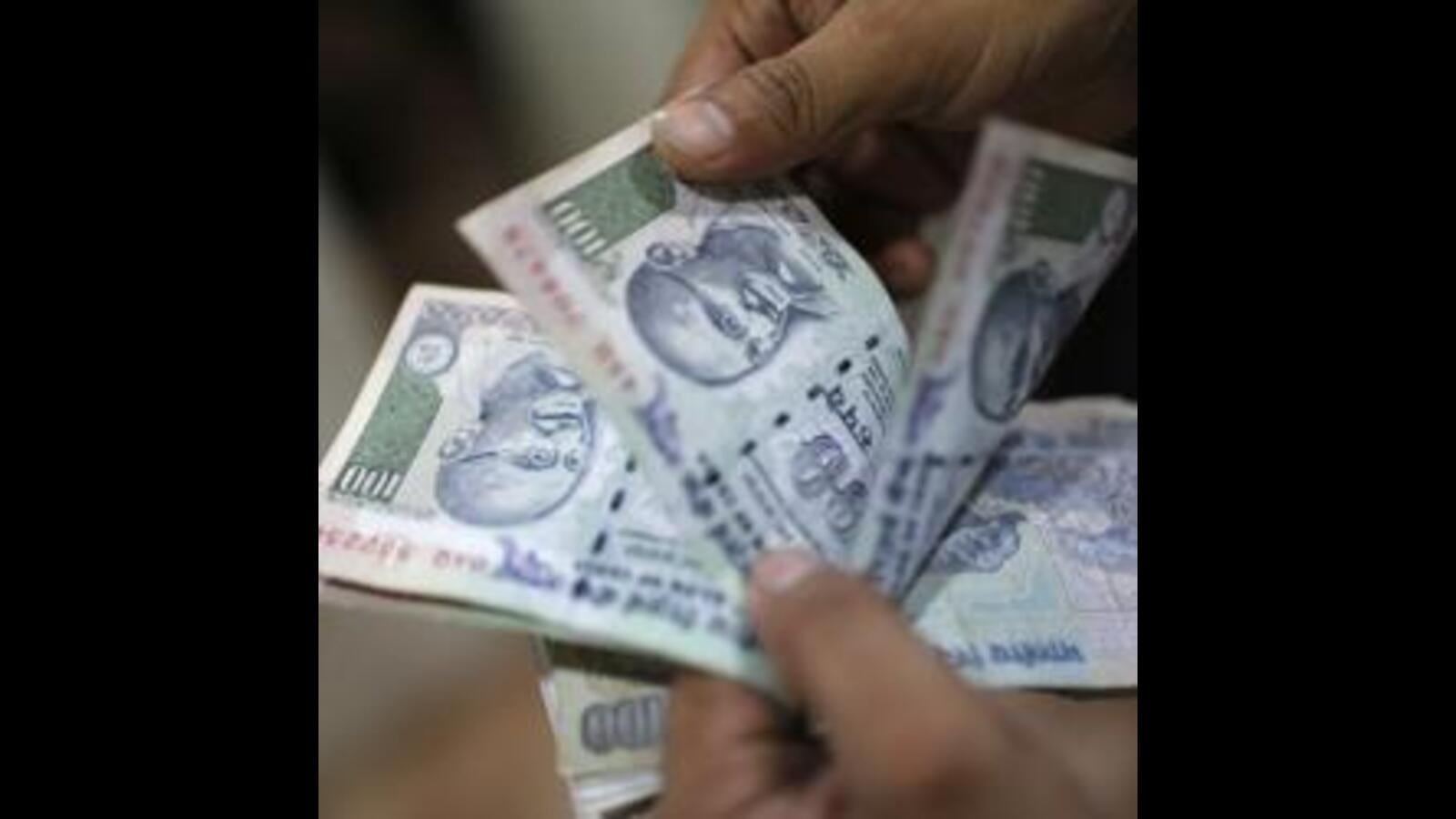Intending to make urban local bodies (ULBs) contribute to turning the state into a trillion-dollar economy, the state government is proposing to make substantial investments in their infrastructure and services and transform them into significant sources of revenue.
Working to turn them self-reliant and boost their income, the state government, in a press release, said the ULBs would select 38 projects in a phased manner. The projects, with the potential for public-private partnership (PPP) proposals, will receive priority.
ULBs will provide the land required to construct these infrastructure projects. Funds for the infrastructure investments will be sourced from the revenues of ULBs or through the public-private partnerships (PPP) model.
Additionally, budget allocations will be made under state and central schemes and from SFC and CFC funds. Infrastructure investments can also be made from MPs’ and MLAs’ funds and through the CSR funds.
The proposed investments will focus on administrative and utility infrastructure, including office buildings, urban kiosks, mechanized and other types of parking, and road junctions. It also includes livelihood centres and economic infrastructure such as co-working spaces, urban fairs, food street hubs, and digital streets.
Heritage and cultural infrastructure will encompass heritage streets, conservation projects, museums, exhibition spaces, galleries, urban art decor, and statues. Social amenities such as urban community centres, marriage halls, retirement homes, senior care centres, hostels for working women and men, auditoriums, and urban cafes will be integrated.
Public health infrastructure investments will cover pet clinics, parks, open gyms, and multipurpose sports facilities.
The funds for infrastructure investment will be allocated in proportion to the tax revenue collected by the urban local body and its contribution. The selection of infrastructure projects will adhere to the criteria outlined in the guidelines, with the size of the urban local body being a significant factor in the decision-making process.

